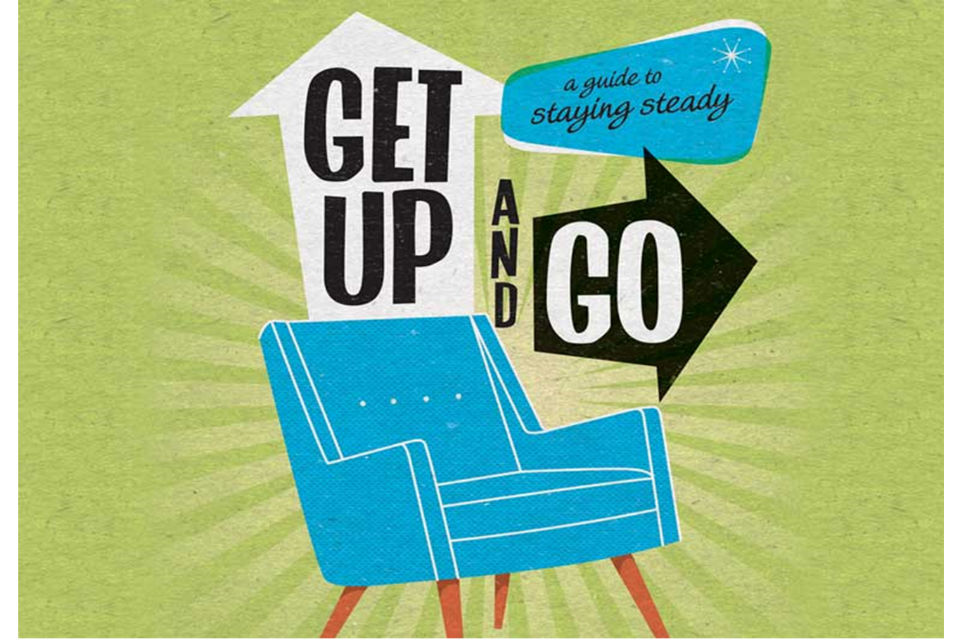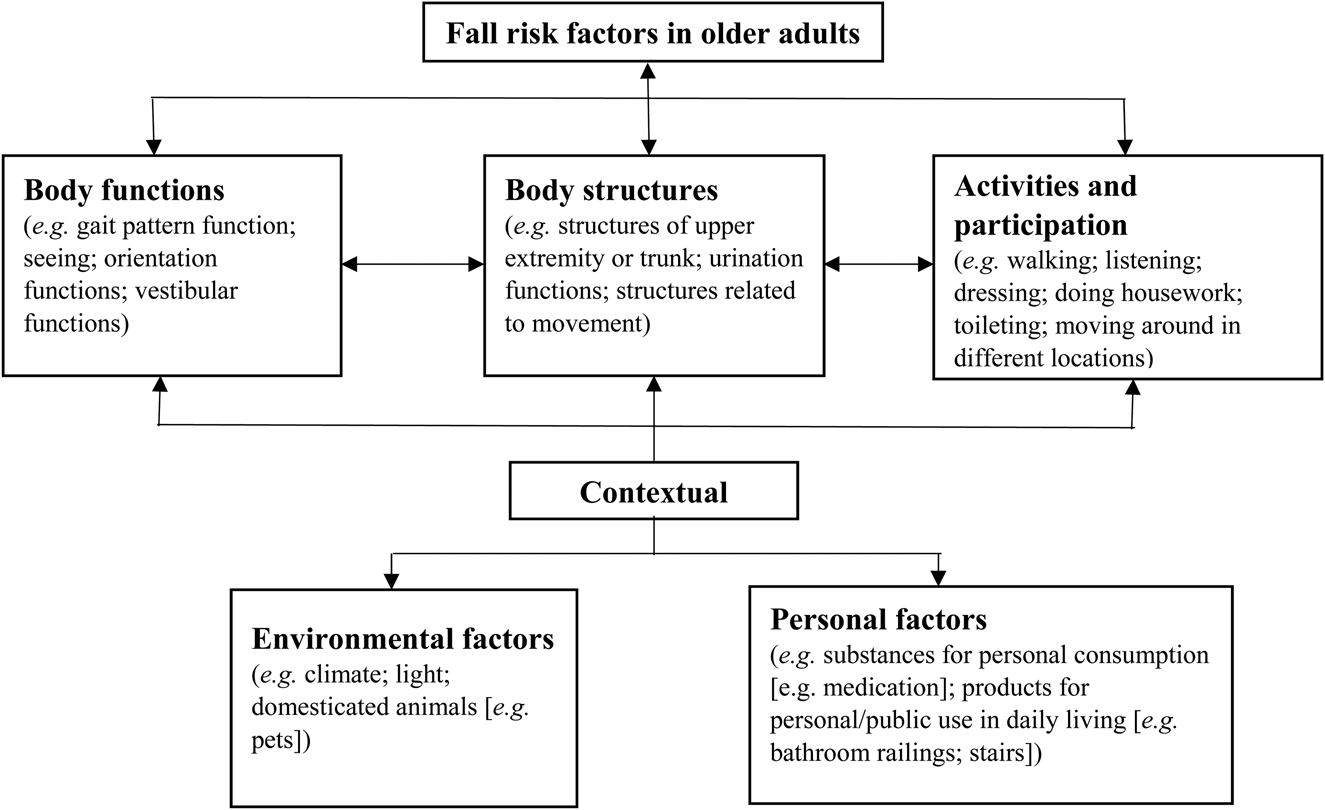The 7-Minute Rule for Dementia Fall Risk
The 7-Minute Rule for Dementia Fall Risk
Blog Article
All About Dementia Fall Risk
Table of ContentsWhat Does Dementia Fall Risk Mean?Not known Facts About Dementia Fall RiskTop Guidelines Of Dementia Fall RiskLittle Known Questions About Dementia Fall Risk.The 20-Second Trick For Dementia Fall Risk
Analyzing loss threat assists the entire health care group develop a safer environment for each patient. Ensure that there is a marked location in your medical charting system where staff can document/reference ratings and document appropriate notes associated to fall avoidance. The Johns Hopkins Loss Risk Assessment Device is just one of lots of tools your staff can make use of to assist avoid adverse clinical events.Client drops in health centers prevail and debilitating damaging events that linger in spite of decades of effort to minimize them. Improving interaction across the examining nurse, treatment group, client, and patient's most included pals and family members may reinforce fall avoidance initiatives. A team at Brigham and Female's Medical facility in Boston, Massachusetts, looked for to develop a standard loss prevention program that centered around boosted communication and individual and family members engagement.

The advancement group highlighted that effective implementation depends upon patient and personnel buy-in, assimilation of the program into existing process, and integrity to program procedures. The team kept in mind that they are grappling with exactly how to guarantee connection in program implementation throughout durations of crisis. During the COVID-19 pandemic, for instance, a rise in inpatient falls was related to constraints in client involvement along with limitations on visitation.
The Buzz on Dementia Fall Risk
These cases are typically considered avoidable. To execute the intervention, organizations need the following: Accessibility to Loss pointers sources Loss pointers training and re-training for nursing and non-nursing personnel, including new nurses Nursing workflows that enable patient and family involvement to perform the drops evaluation, guarantee use the prevention strategy, and perform patient-level audits.
The outcomes can be extremely detrimental, frequently accelerating person decrease and triggering longer medical facility stays. One study approximated remains enhanced an additional 12 in-patient days after a patient loss. The Autumn TIPS Program is based on interesting individuals and their family/loved ones across 3 primary processes: analysis, personalized preventative interventions, and bookkeeping to guarantee that patients are participated in the three-step autumn avoidance procedure.
The patient analysis is based on the Morse Loss Scale, which is a verified fall risk evaluation tool for in-patient medical facility setups. The scale consists of the six most usual reasons people in healthcare facilities fall: the person fall background, high-risk problems (including polypharmacy), use IVs and various other outside tools, mental standing, gait, and flexibility.
Each risk aspect links with one or even more workable evidence-based interventions. The registered nurse creates a plan that includes the interventions and is noticeable to the care group, patient, and household on a laminated poster or published visual aid. Registered nurses develop the plan while meeting the patient and the person's family.
Get This Report on Dementia Fall Risk
The poster offers as an interaction tool with other members of the client's care team. Dementia Fall Risk. The audit part of the program consists of analyzing the person's expertise of their threat variables and avoidance plan at the unit and medical facility levels. Nurse champs perform a minimum of five individual meetings a month with people and their family members to inspect for understanding of the autumn prevention strategy

A projected 30% of these falls cause injuries, which can vary in intensity. Unlike other adverse occasions that need a standardized clinical response, loss prevention depends highly on the demands of the individual. click here to find out more Including the input of people that understand the patient ideal enables for greater customization. This strategy has actually proven to be a lot more reliable than autumn prevention programs that are based largely on the production of a risk rating and/or are not customizable.
Our Dementia Fall Risk Statements

Based upon auditing results, one site had 86% conformity and two websites had over 95% compliance. A cost-benefit evaluation of the Loss suggestions program in 8 medical facilities approximated that the program price $0.88 per client to apply and resulted in cost savings of $8,500 per 1000 patient-days in straight costs associated with the avoidance of 567 drops over three years and eight months.
According to the technology group, organizations thinking about carrying out the program should conduct a readiness evaluation and drops avoidance voids analysis. 8 Additionally, organizations must make certain the necessary infrastructure and workflows for application and establish an execution strategy. If one exists, the company's Fall Prevention Task Force ought to be included in planning.
The Buzz on Dementia Fall Risk
To begin, organizations need to make certain conclusion of training modules by nurses and nursing aides - Dementia Fall Risk. Hospital team must evaluate, based on the demands of a health center, whether to make use of an electronic health document printout or paper version of the loss prevention plan. Applying teams should hire and train nurse champs and establish procedures for auditing and reporting on loss data
Team need to be involved in the procedure of redesigning the operations to engage patients visit here and family members in the evaluation and avoidance plan procedure. Solution should remain in place to make sure that systems can recognize why an autumn occurred and remediate the cause. Extra particularly, registered nurses must have channels to supply continuous comments to both personnel and unit management so they can adjust and enhance loss prevention operations and communicate systemic issues.
Report this page